Secularism: A Very Short Introduction
by Andrew Copson
Part of the Very Short Introductions series
Andrew Copson’s short book covers a lot of ground. In his role as Chief Executive of Humanists UK, he is practically involved with secularism on a daily basis, and is an eloquent defender of secularist principles, but nevertheless here provides a balanced and generous interpretation that presents arguments on different sides. Read our philosophy editor, Nigel Warburton’s, review:
Secularism: A Very Short Introduction
Originally published in hardback as Secularism: Politics, Religion, and Freedom, now available as a pocket-sized paperback in Oxford University Press’s Very Short Introduction series, Andrew Copson’s short book covers a lot of ground. It is one of the best books I’ve read in this excellent series. Copson in his role as Chief Executive of Humanists UK is practically involved with secularism on a daily basis, and is an eloquent defender of secularist principles, but nevertheless here provides a balanced and generous interpretation that presents arguments on different sides.
There are many things which go under the name ‘secularism’ and Copson is very clear in his analysis of this variety. He, however, adopts the contemporary French historian and sociologist of religion Jean Baubérot’s definition of secularism. For Baubérot, very plausibly, secularism has three aspects: 1) separation of state and religious institutions, 2) freedom of thought and religion, and 3) no state discrimination against anyone on grounds of religion or non-religion.
Copson traces versions of this sort of liberal secularism from Aristotle to the present day taking in various arguments for religious toleration, many of which were put forward by Christians and other religious believers, and the development of secularism in post-revolution France and America, Turkey, India, and elsewhere.
The core of the book is its two central chapters The Case for Secularism and The Case Against Secularism. The case for is based on belief in the importance of protecting individual freedom (on the basis of conscience), on fairness (treating each individual as equal regardless of their religion or lack of it), peace (a pragmatic argument that secularism is the best way of organising a society of potentially conflicting groups with different religious or non-religious beliefs, in contrast to an intolerant society which can amplify conflict), and (perhaps less convincingly) the idea that secularism is an essential feature of a successful modern state.
The case against secularism is typically, but not exclusively, made by religious believers. For instance, various Islamic states have functioned by making the official religion compulsory and punishing apostasy and dissent, taking their authority from religious texts. Less extreme opposition to secularism comes from those who advocate an established church, as in the UK. Secularists have long campaigned against the status quo on the grounds that it unfairly privileges certain sorts of religious believers, but some modern Christians argue that an established church which is tolerant of different religious and non-religious believers is the best way to achieve an inclusive society. Another form of anti-secularism has been foist upon some societies by ardent atheists: Copson is very clear that the sorts of intolerant atheism that Marxist-Leninism promoted in some communist states of the Soviet Union were anything but secular since they lacked the religious toleration that is essential to secularism. He also discusses a romantic conservative way of arguing against secularism that owes its heritage to Edmund Burke. This puts all the stress on the development of particular traditions in particular places. Heritage for such thinkers is everything: some countries have a strong Christian heritage, for instance, that has grown up organically, and that should not be erased by commitment to abstract principles of freedom.
Copson as a committed humanist, of course, has arguments against this and other criticisms of liberal secularism—including the idea that it embodies a set of Western values, brought in under the guise of something universal—but he does not hammer the reader with these, or claim that liberal secularism is the perfect way of organising a society. His approach is subtle and intelligent, and is informed by a deep understanding of the positions of those with whom he disagrees. I learnt a great deal from reading this.
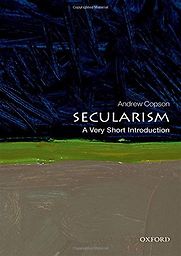

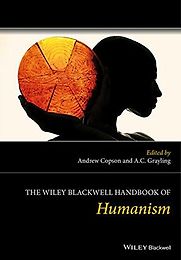
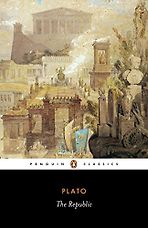
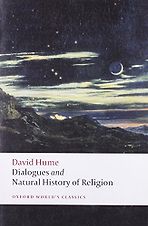


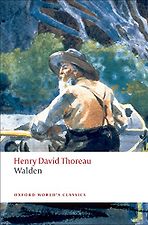
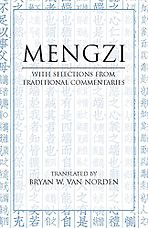
Five Books review